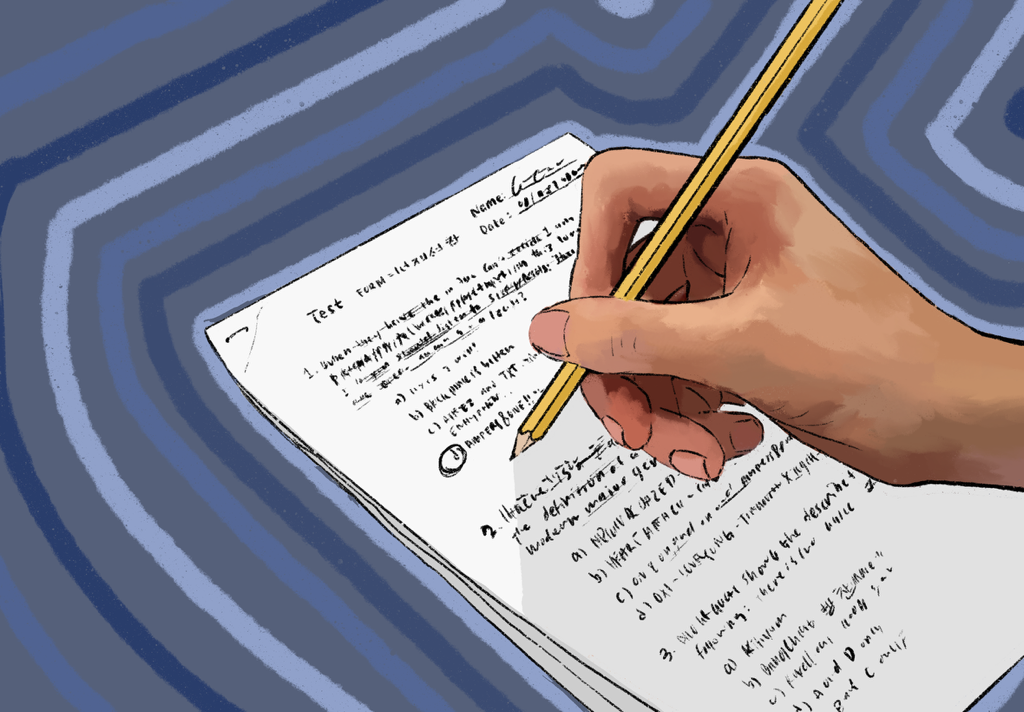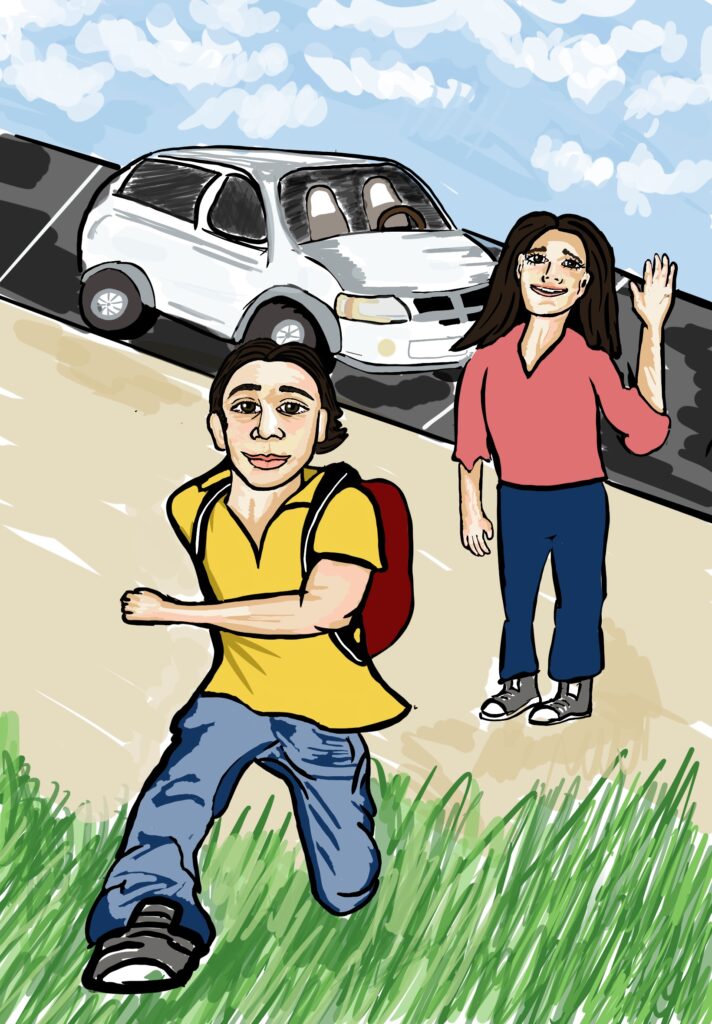My plan to run for the student council presidency began to take form in the middle of the fall term. After the first month following our return from summer vacation, I had a revelation. I realized that I stood in a unique position, one that allowed me to best serve the needs and interests of our student body. As someone who participates in varsity-level athletics, rigorous academics, the arts program, and club life on campus, I had come in contact, and built friendships, with students of varying interests, backgrounds, and socioeconomic statuses. Through these relationships I have gained an interesting perspective: I’ve how the policies and schedules of Choate affect many groups on campus.My plan to run for the student council presidency began to take form in the middle of the fall term. After the first month following our return from summer vacation, I had a revelation. I realized that I stood in a unique position, one that allowed me to best serve the needs and interests of our student body. As someone who participates in varsity-level athletics, rigorous academics, the arts program, and club life on campus, I had come in contact, and built friendships, with students of varying interests, backgrounds, and socioeconomic statuses. Through these relationships I have gained an interesting perspective: I’ve how the policies and schedules of Choate affect many groups on campus.
This perspective led me to prioritize certain items in my agenda. For example, one of the three focuses I highlighted in my speech was the lunch break. I chose that because I know that it affects almost all students within our community. Athletes lose the ability to have a satisfactory lunch before a grueling practice or a Wednesday game; artists might lose focus during rehearsals and performances because of pangs of hunger; and for students in general, not having a complete meal can affect their academic performance. For all of these groups, having a rushed meal or worse, no time at all, may hurt their performances.
I also focused on other pertinent issues that affect the student body.
An example of this is the end of the 9:00 p.m. – 9:30 p.m. study break. I believe this issue holds significant importance when it comes to maintaining healthy friendships on campus. Many[he only mentions two] benefits come to mind when considering the revampment of such a study break, the first being the visitation aspect of study break. After speaking with faculty members and students I realized that, following the removal of the study break, there has been no actual time for visitation between boys’ and girls’ dorms. While there is some time between 6:00 p.m. and 8:00 p.m. it is rare for a faculty adviser to be available during this time; in essence, visitation is impossible during the week.
The second aspect of the study break that is of importance to the student body is the need to have some sort of non-Sage food available on campus, even if only for a short period of time.
The third and final thing I focused on was the idea of students being able to travel between dorms for this 30-minute period to see their friends and relax following a long academic day. This idea brought me back to my time in Memorial House when I was a freshman, two years ago. During the study break, my dorm-mates and I would sit on the front steps with members of a variety of dorms, both boys and girls. Perhaps we would be eating Chinese food or pizza brought by the vendors as we conversed about the day’s events. It was because of this that I knew I had to fight to do everything in my power to bring back these unique Choate experiences.
With an agenda full of things to fight for, I know that the presidency would give me the platform to best serve the needs of the students that make up this spectacular institution. I remain thankful for that opportunity.




